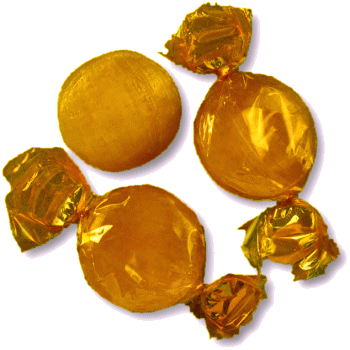




WELCOME TO AN ENTERTAINMENT SITE FOR SCOTTISH COUNTRY DANCERS!
Enjoy this curated selection of theme-related dances for celebrations and holidays, or find a dance associated with a special calendar day, or EVEN your own birthday!
translation of the most cited passage of The Declaration
Apr 6

Declaration of Scottish Independence
Arbroath Abbey
Other Scottish Country Dances for this Day
Today's Musings, History & Folklore
"For as long as but a hundred of us remain alive, never will we on any conditions be brought under English rule. It is in truth not for glory, nor riches, nor honours that we are fighting, but for freedom — for that alone, which no honest man gives up but with life itself."
~ The Declaration of Arbroath, 1320
Tartan Day celebrates Scottish heritage and the Declaration of Arbroath's drafting on April 6, 1320, a pivotal moment in Scotland's history advocating for independence from England. Authored by Scottish nobility and clergy, it sought Pope John XXII's support to recognize Scotland's sovereignty and Robert the Bruce as its rightful king. The Declaration is significant for its immediate aim to counter English dominance and for its forward-thinking principle of popular sovereignty, suggesting a king's authority is contingent on the people's welfare. This early notion of conditional monarchy and popular consent laid the groundwork for future democratic ideals globally. The Declaration's influence is evident in the philosophical lineage to the Declaration of Independence in 1776, with both documents championing the right to self-governance and the idea that government legitimacy stems from the people's consent, underscoring Scotland's ongoing quest for self-determination. This strathspey marks the site of the signing of this historic document at Arbroath Abbey. Since 1947, a special event with parade or street theater to mark the signing is held every year on the 6th of April, occasionally with a major historical reenactment within the now roofless ruins of the abbey! 🏴 ✍️
Arbroath Abbey
Before the Declaration of Arbroath in 1320, Scotland was embroiled in the Wars of Scottish Independence, a series of military campaigns waged against England. The conflict began in 1296 when Edward I of England sought to annex Scotland, leading to widespread resistance across the Scottish lands. Notably, figures like William Wallace and Robert the Bruce emerged as leaders of the Scottish resistance, rallying the nation against English domination. Robert the Bruce’s victory at the Battle of Bannockburn in 1314 was a pivotal moment, establishing him as a national hero and significantly weakening English claims over Scotland. However, despite this victory, Scotland's sovereignty remained unrecognized by the English crown and the broader European community. The drafting of the Declaration of Arbroath was a strategic move by Scottish nobles and clerics to seek international support, specifically from the Pope, to legitimize Robert the Bruce's kingship and Scotland's independence. By asserting their right to self-determination and highlighting their struggle for freedom, the Declaration aimed to end English attempts to impose their rule and influence the Papal authority to recognize Scotland's sovereignty.
For more on the legacy of The Declaration of Arbroath, click on the 'Tyninghame' copy of the Declaration from 1320, in the National Archives of Scotland.
Click the dance cribs or description below to link to a printable version of the dance!







